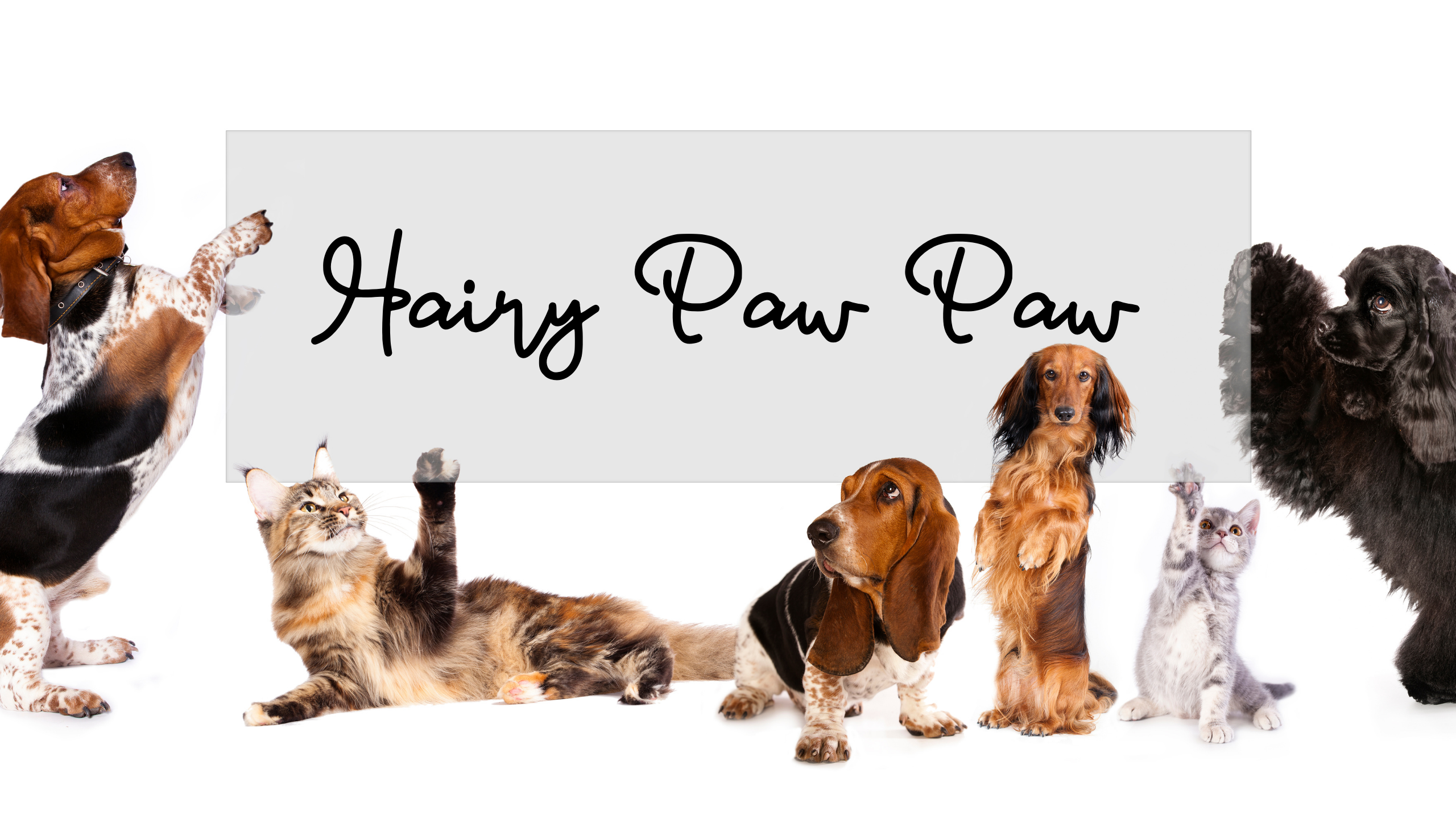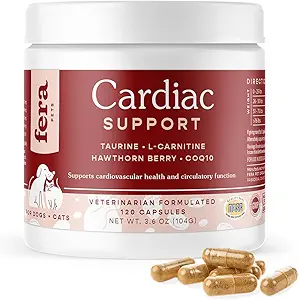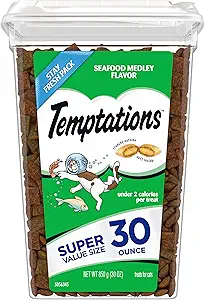This “How to Feed Your Abyssinian Cat for Optimal Health” post may contain affiliate links, which means I’ll receive a commission if you purchase through my link, at NO EXTRA COST TO YOU
How to Feed Your Abyssinian Cat for Optimal Health
Abyssinian cats, with their playful nature and sleek coats, deserve a diet that supports their health and vitality. Feeding your feline friend correctly ensures not just their well-being but also their happiness. Here’s everything you need to know to provide your Abyssinian cat with the best nutrition possible.
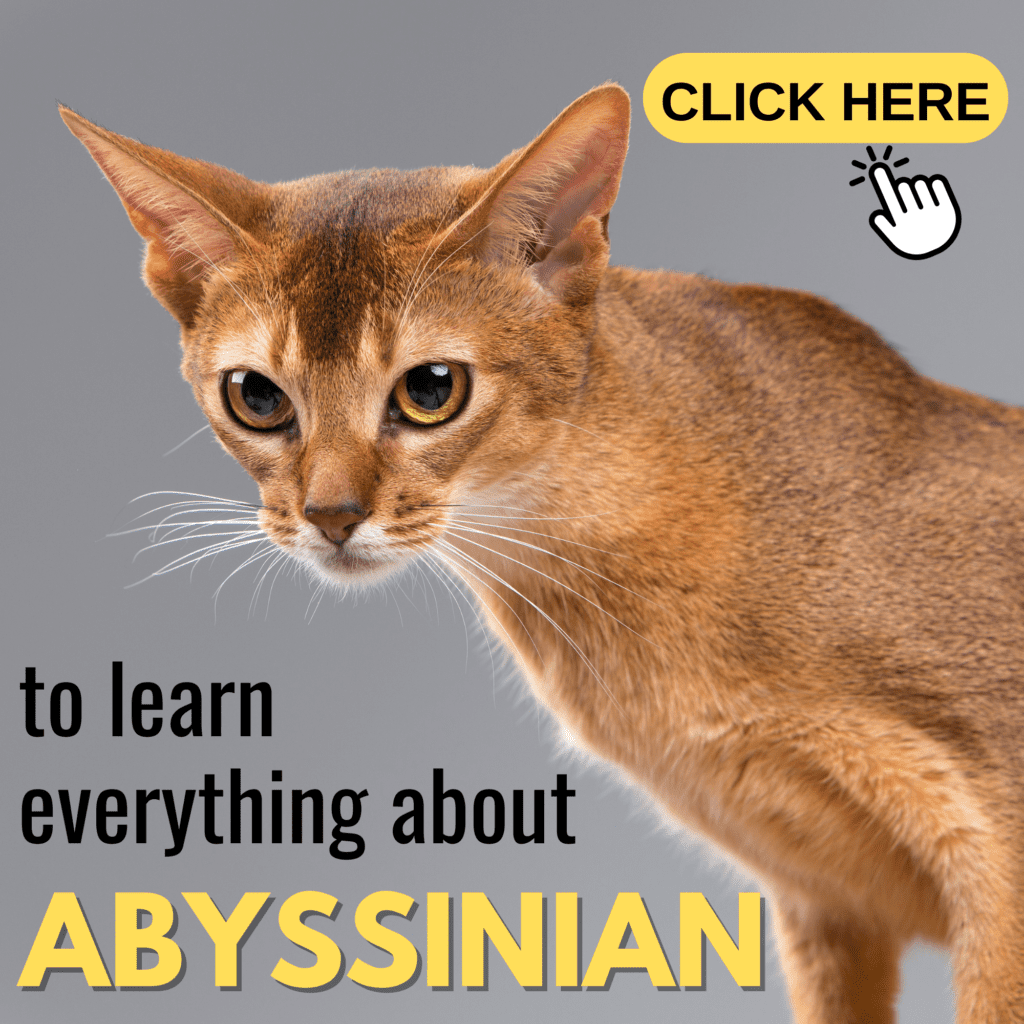
Understand Abyssinian Nutritional Needs
Abyssinians are active cats, which means they need a diet rich in protein. High-quality animal-based proteins provide essential amino acids. Including fats as an energy source keeps their energy levels up, while small amounts of carbohydrates can offer a balanced diet. Ensure you provide vitamins and minerals, as they support their skin, coat, and overall health.
Transitioning to a diet tailored to their needs makes a noticeable difference in their vitality. However, you must choose quality over quantity when selecting ingredients.
What to Include in Their Diet
- Animal-Based Proteins
Choose chicken, turkey, or fish as the main protein source. These proteins support muscle growth and repair. A diet low in protein can lead to energy deficiencies, which you must avoid at all costs. - Healthy Fats
Salmon oil or chicken fat adds essential fatty acids to their diet. These fats improve coat shine and skin health. Cats use fats as their primary energy source, so don’t skimp on them. - Carbohydrates in Moderation
Whole grains, such as oats or brown rice, supply energy without overwhelming their diet. Use them sparingly to avoid unnecessary weight gain. - Vitamins and Minerals
Ensure their food contains taurine, an essential amino acid. Minerals like calcium and phosphorus strengthen bones and teeth. Choosing fortified cat food makes this easier.
Foods to Avoid
Not all foods are safe for Abyssinians. Avoid feeding them onions, garlic, chocolate, or grapes. These can cause severe health problems, including kidney damage. Even though some fruits and vegetables seem safe, always double-check before introducing new foods.
How to Portion Their Meals
Proper portion control prevents overeating and obesity. Start by consulting your vet for a calorie recommendation based on your cat’s age, weight, and activity level. Split meals into two or three servings throughout the day. Overfeeding causes weight issues, while underfeeding leads to energy depletion.
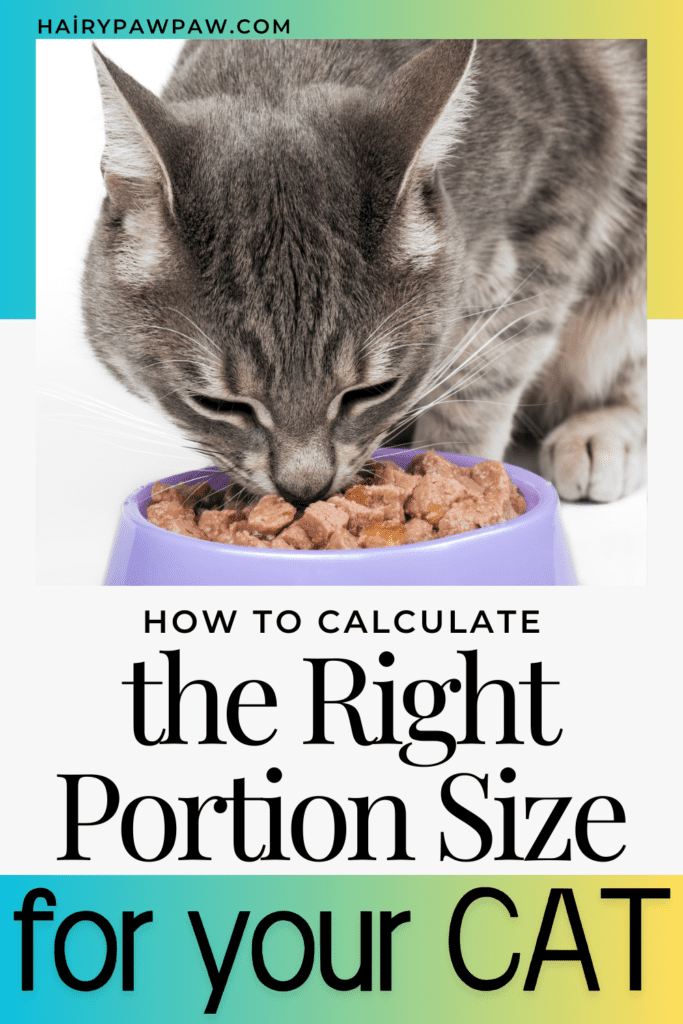
How to Calculate the Right Portion Size for Your Cat
Feeding your cat the correct amount plays a vital role in maintaining their health. Overfeeding leads to obesity, while underfeeding causes nutritional deficiencies. This Feeding your cat the correct amount is crucial for their health and happiness. Overfeeding often leads to obesity, while underfeeding can cause nutritional deficiencies.
Hydration Matters
Cats often struggle with proper hydration. To ensure they drink enough water, always provide fresh, clean water in accessible bowls. Adding wet food to their diet helps boost their water intake. Dehydration leads to urinary issues, which you should actively prevent.
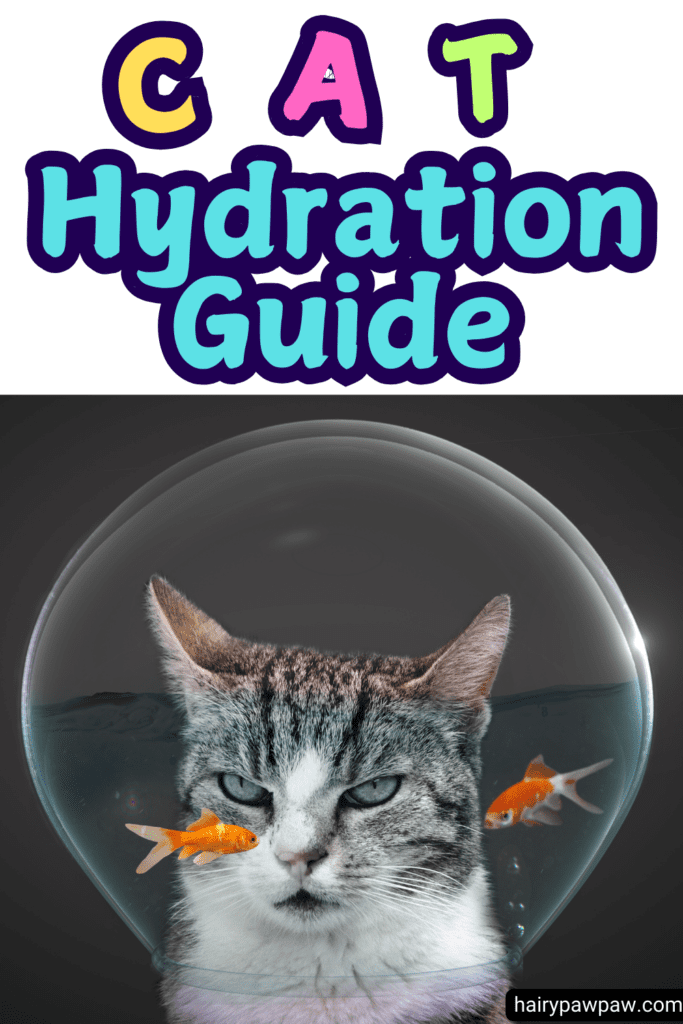
Keeping Your Cat Hydrated: Tips for Better Health
Ensuring that your cat stays hydrated plays a crucial role in supporting their overall health. Just like humans, cats rely on water for nearly every bodily function, including digestion, circulation, and temperature regulation. Dehydration can lead to serious health problems, including kidney disease, urinary tract infections, and digestive issues.
Homemade vs. Commercial Diets
Both options work well if you focus on quality. For homemade diets, ensure you include all essential nutrients. However, preparing balanced meals daily requires effort and knowledge.
On the other hand, high-quality commercial diets save time and ensure your cat receives complete nutrition. Look for brands with natural ingredients and no fillers.
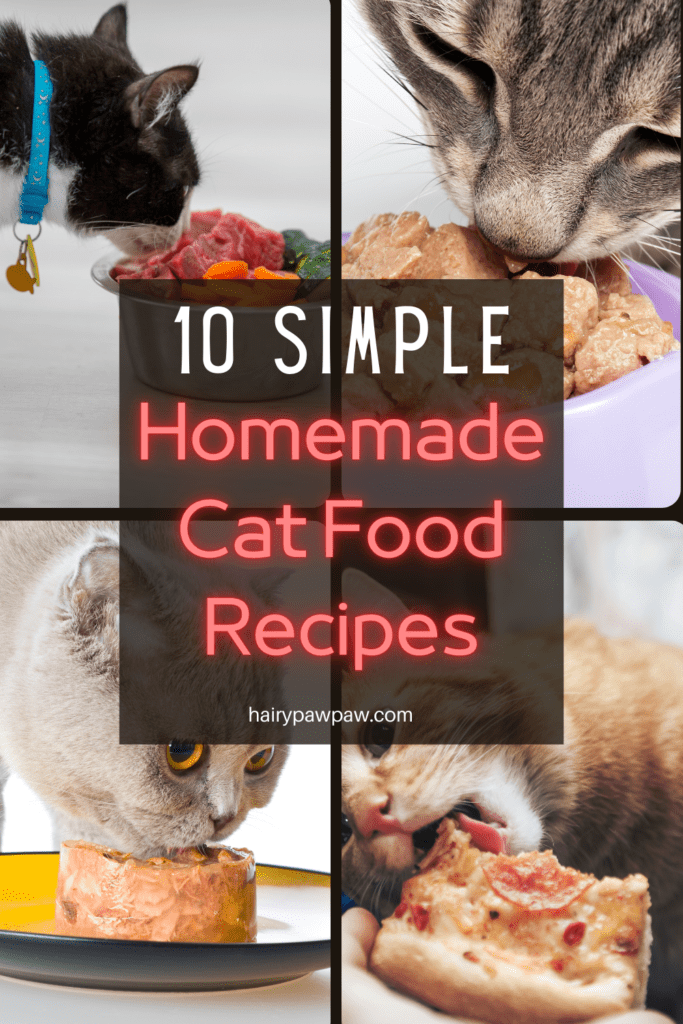
10 Simple Homemade Cat Food Recipes for a Balanced Diet
Feeding your cat a well-balanced diet is key to their overall health and longevity. While store-bought cat food can be convenient, homemade meals offer you full control over the ingredients, ensuring your cat gets exactly what they need. If you’re looking for easy-to-make, nutritious options for your furry friend, this guide to 10 simple homemade cat food recipes is for you!
Transitioning to a New Diet
Sudden dietary changes can upset their stomach. Always introduce new foods gradually. Start by mixing a small amount of new food with their current diet. Increase the proportion over 7-10 days. This method prevents digestive issues and helps your cat adapt to the new food.
Signs of a Healthy Diet
You’ll notice a shiny coat, consistent energy levels, and a happy demeanor when your Abyssinian thrives on their diet. If you see signs like dull fur, lethargy, or weight changes, reassess their food choices and portions.
Treats and Snacks
Treats enhance bonding and training sessions, but don’t overdo them. Opt for healthy treats like freeze-dried chicken or fish. Keep treats to 10% of their daily calorie intake to maintain a balanced diet.
Final Thoughts
Feeding your Abyssinian cat requires attention to detail and consistency. By focusing on high-quality proteins, proper portion sizes, and hydration, you support their health and happiness. Always monitor their response to changes in their diet and consult your vet for any concerns.
Abyssinians deserve the best care, and it all starts with their food bowl. Feed them right, and you’ll enjoy many years of companionship and joy.
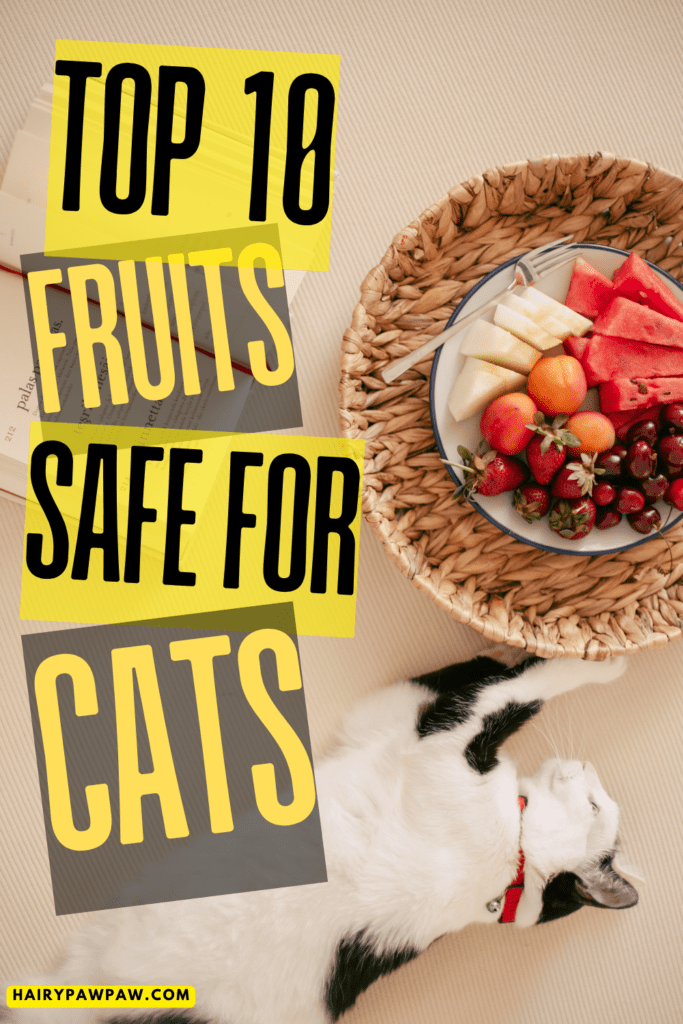
Fruits can make a surprising yet beneficial addition to your cat’s diet. While cats are obligate carnivores, certain fruits provide vitamins, hydration, and variety. To ensure your feline’s safety, it’s important to know which fruits are safe and how to serve them properly. This guide covers the best fruits, their benefits, and essential tips for feeding your cat the right way.

